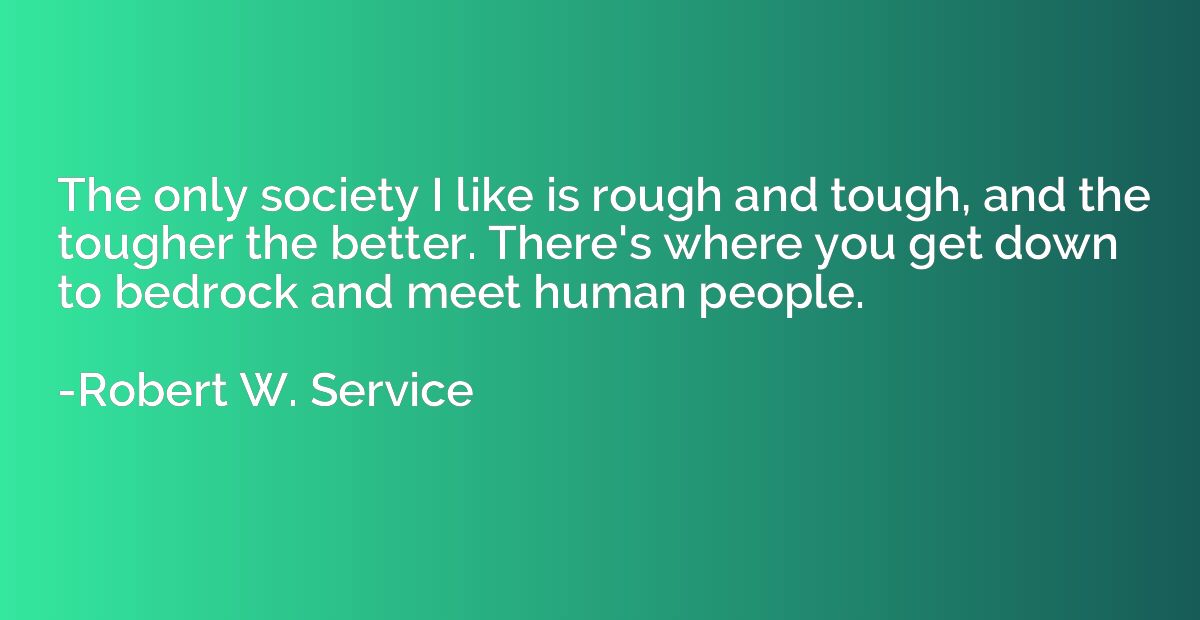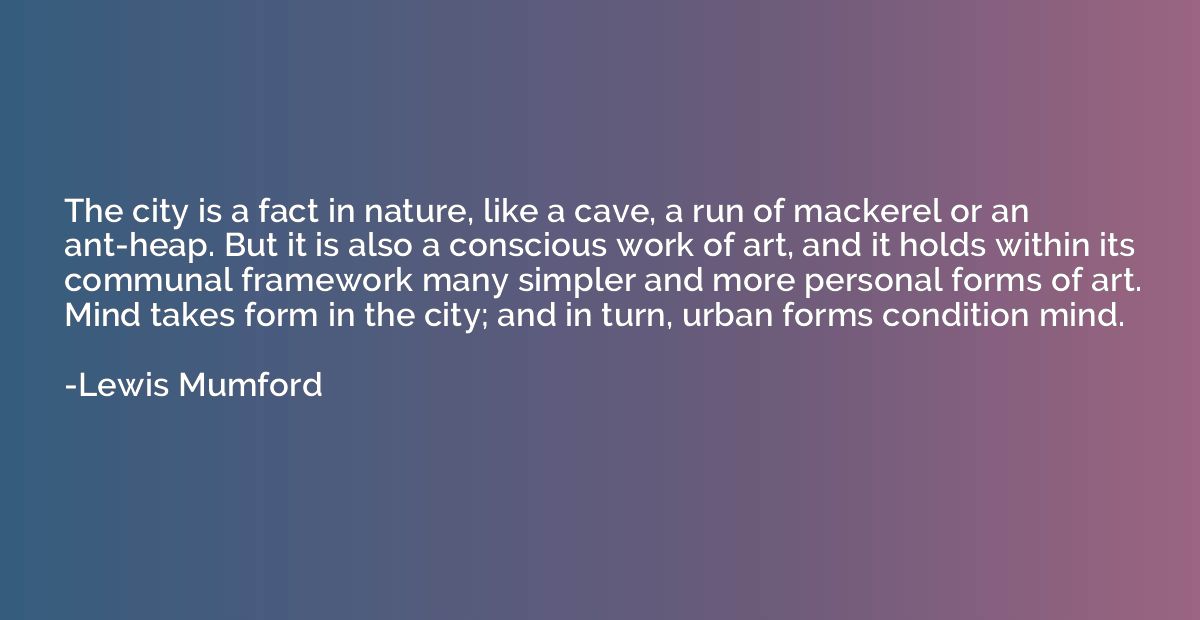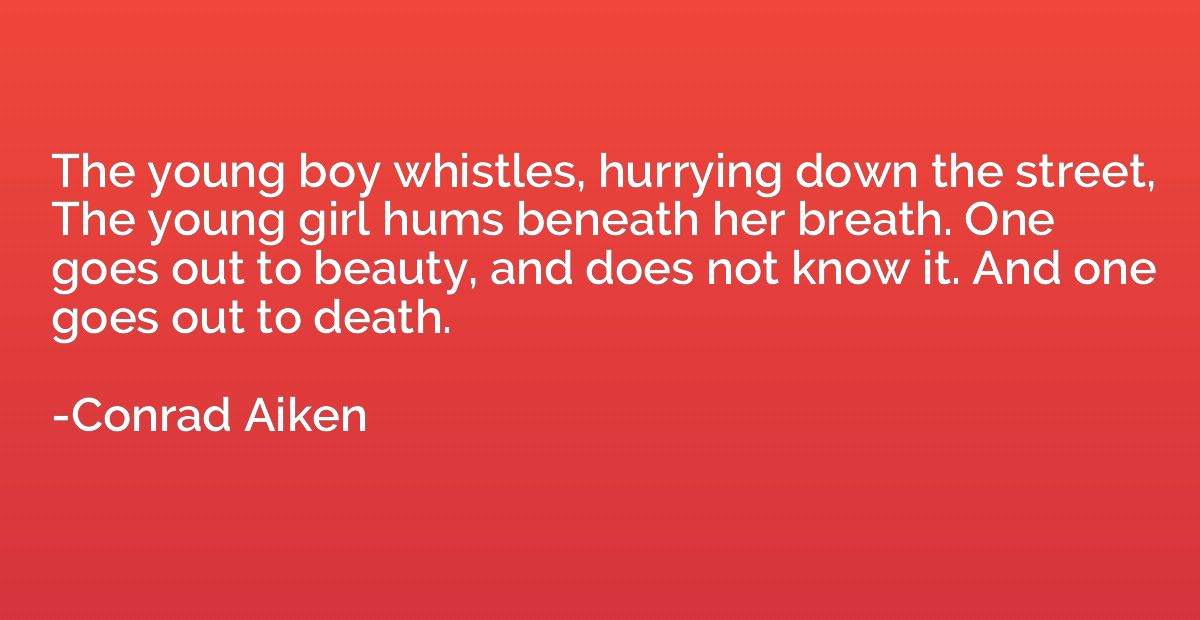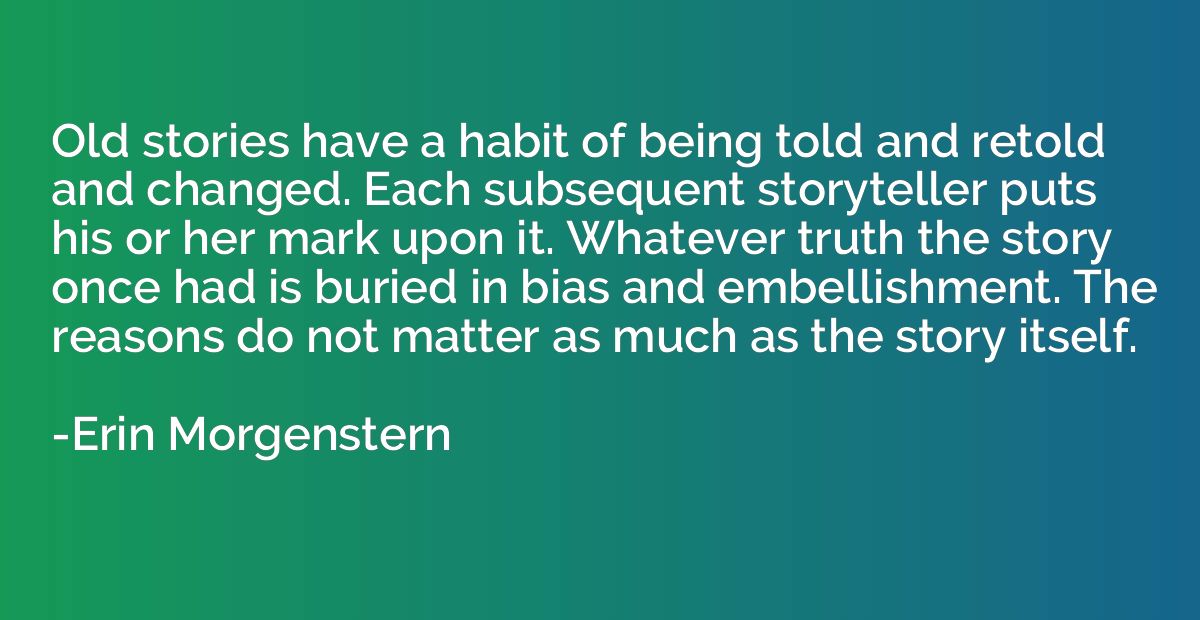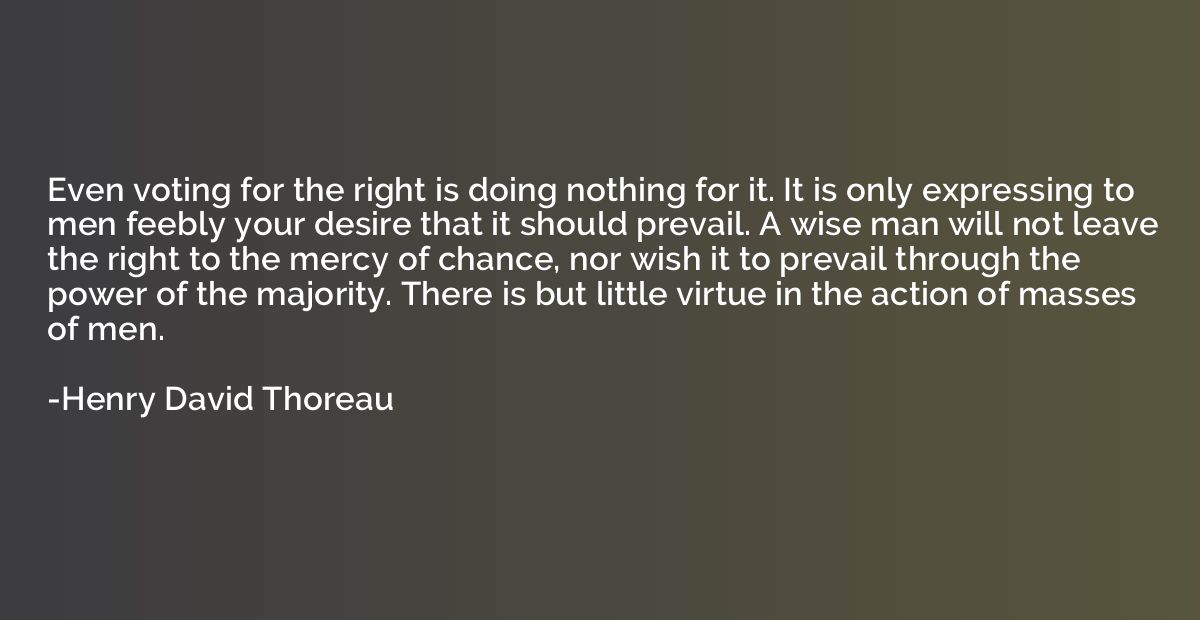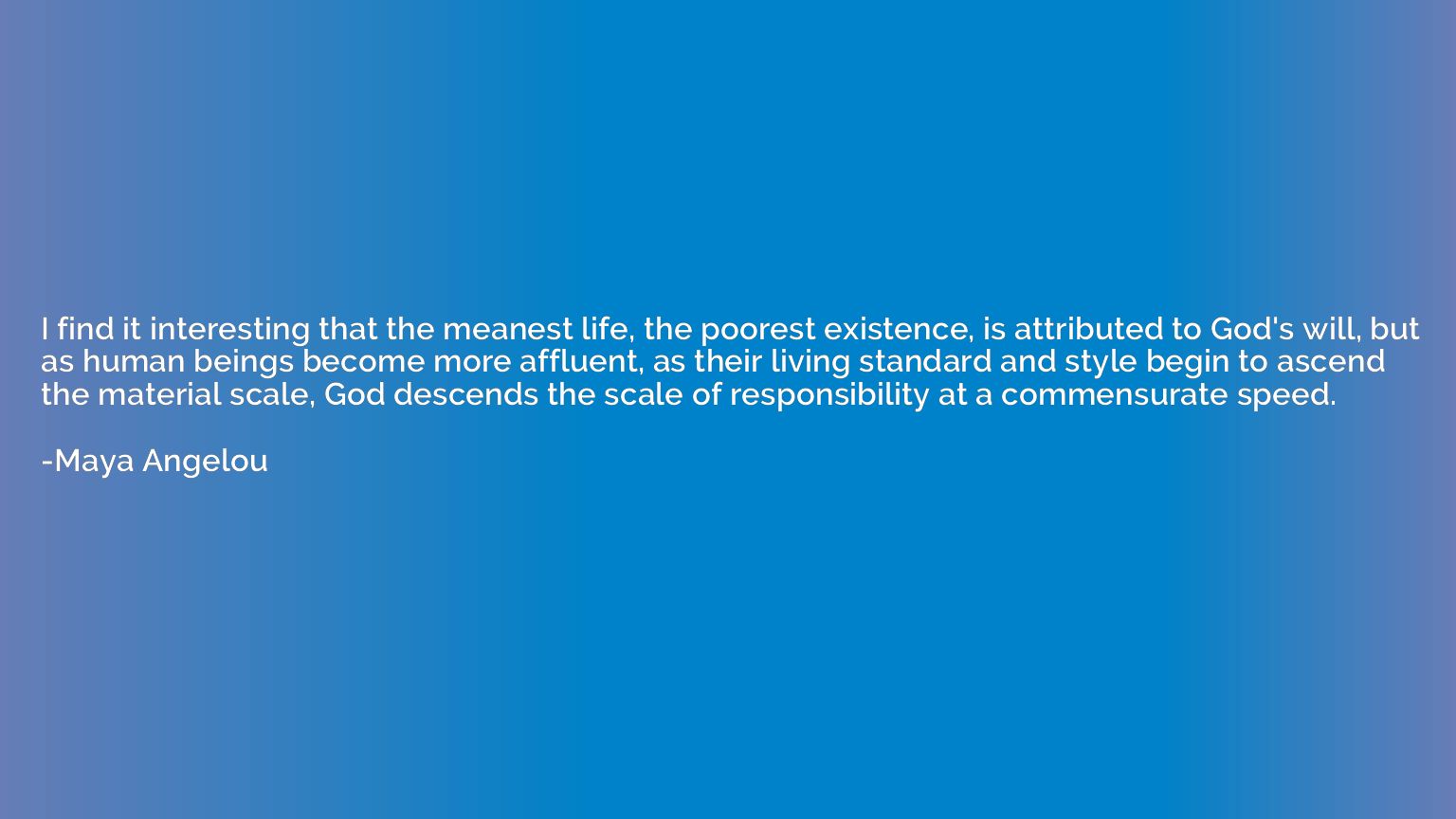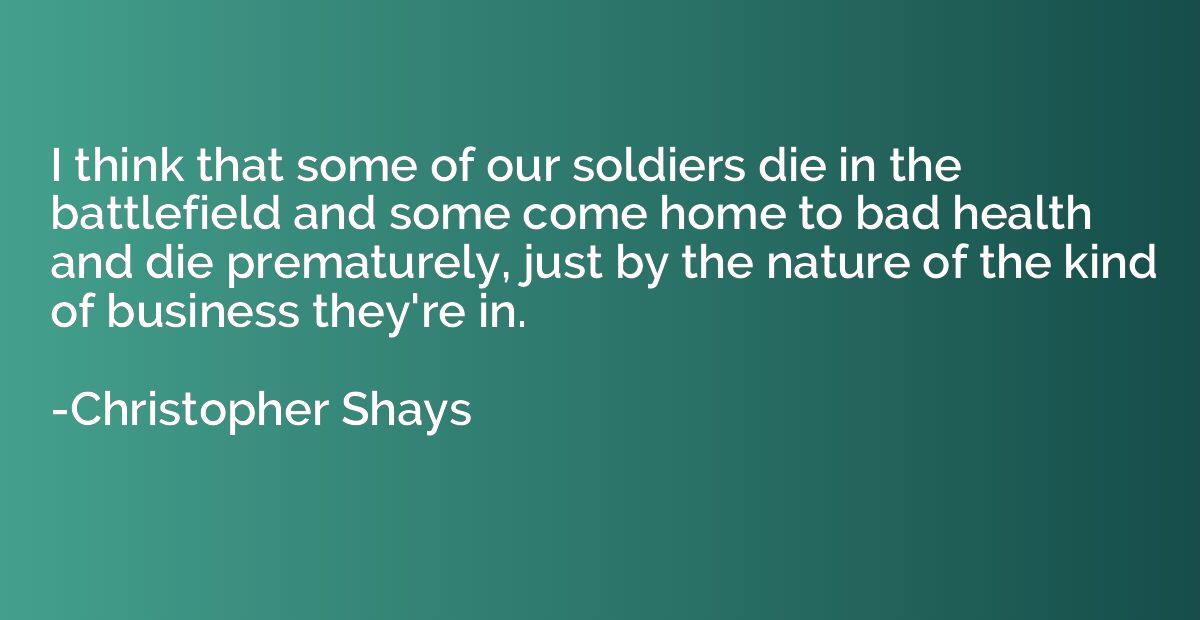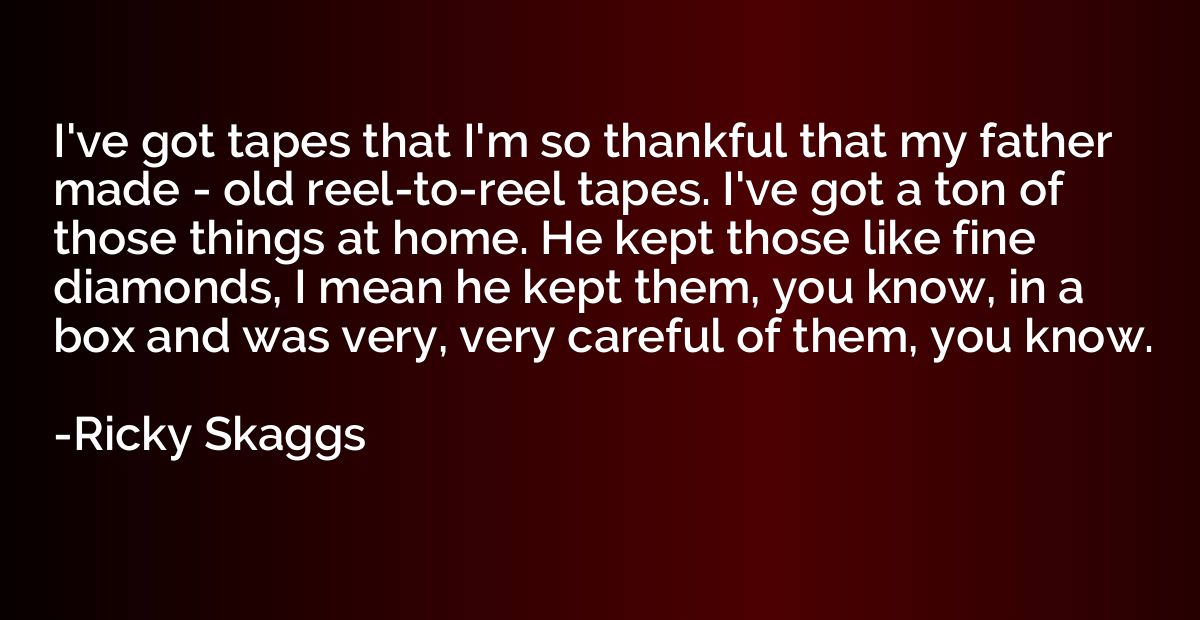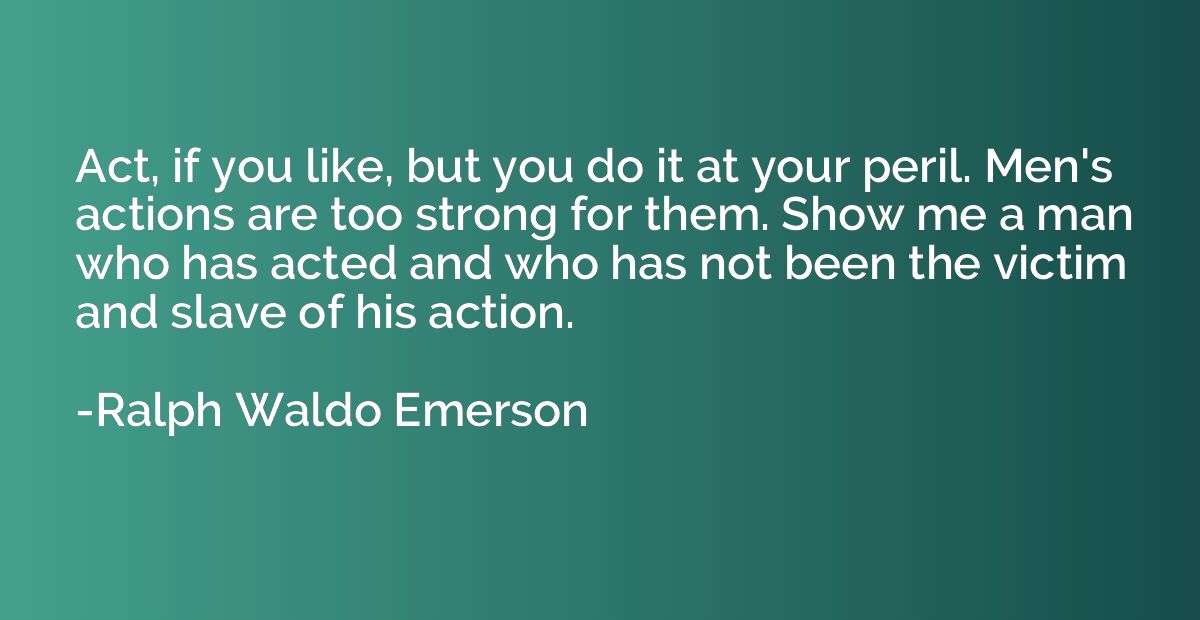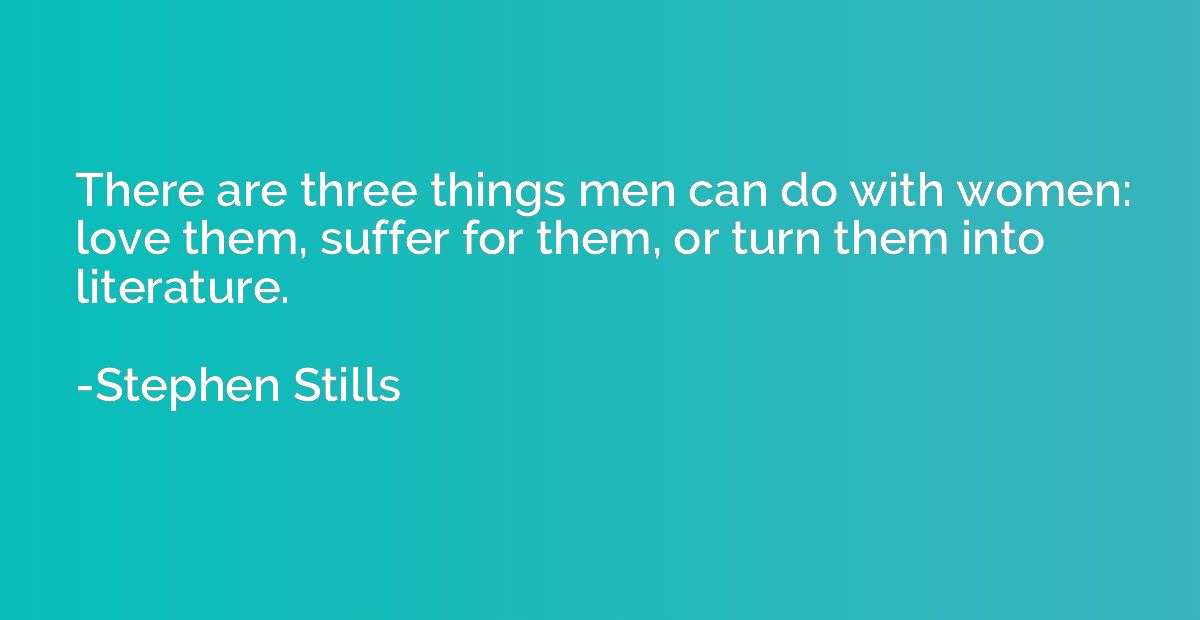Quote by Neil Gaiman
The young man shivered. He rolled the stock themes of fantasy over in his mind: cars and stockbrokers and commuters, housewives and police, agony columns and commercials for soap, income tax and cheap restaurants, magazines and credit cards and streetlights and computers... 'It is escapism, true,' he said, aloud. 'But is not the highest impulse in mankind the urge toward freedom, the drive to escape?
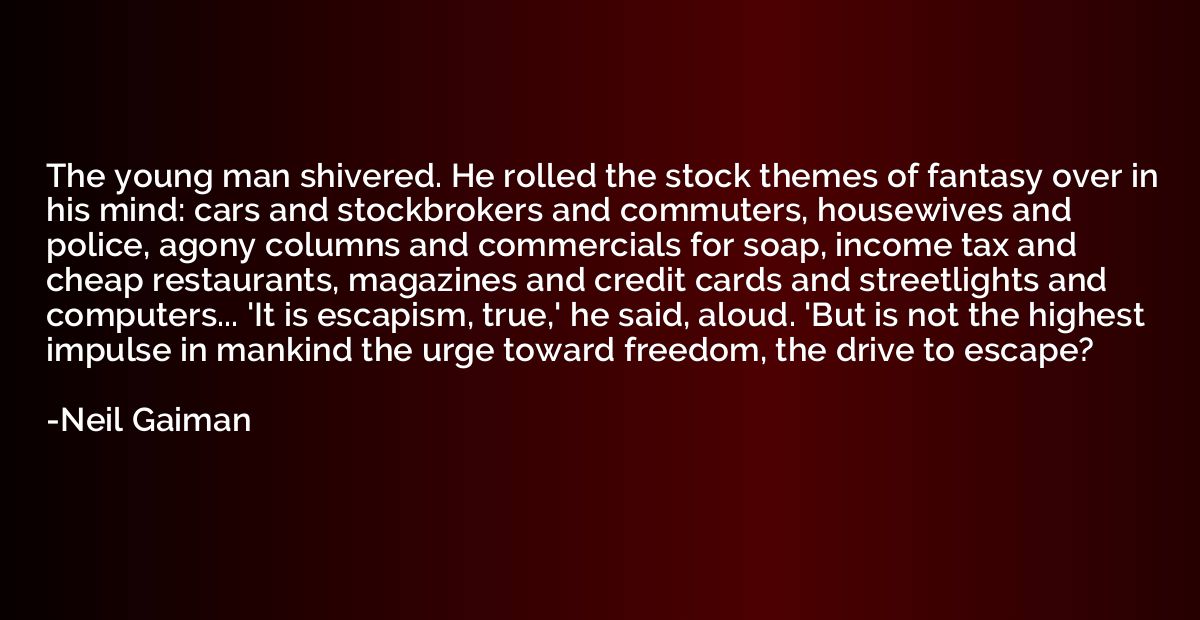
Summary
This quote reflects on the idea of escapism and the belief that the desire to break free and escape from the mundane aspects of life is a fundamental human instinct. The young man acknowledges that his thoughts revolve around everyday themes, which are often considered mundane or ordinary. However, he argues that escapism, although commonly criticized, stems from humanity's inherent longing for freedom. It implies that the impulse to escape is a natural and essential part of human nature, even if it manifests through seemingly insignificant or trivial activities.
Topics
Fantasy
By Neil Gaiman



